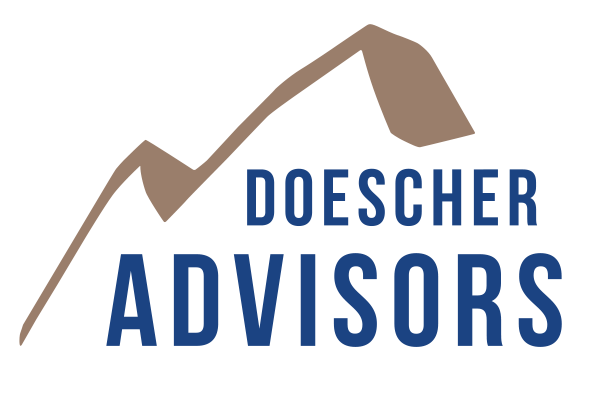Our Blog
Sales Management 11.0

Tom Doescher
Part One – Blunt Truth
- Today, sales managers are often distracted by trying to appease their overly involved private equity group (PEG) owners. (Editorial comment: The CEOs and sales managers of my PEG-owned clients spend endless hours estimating and re-estimating the projected annual EBITDA.)
- Playing CRM “desk jockey” doesn’t equate to sales leadership. (Editorial comment: I had a CEO client whose parent company required my client to have the general ledger agree/match the salesforce.com records. I’m not kidding!)
- Top sales producers tend to exhibit a characteristic Weinberg would describe as being selfishly productive. (Editorial comment: This is a tricky one, but the point is the best “hunters” know how to spend their time.)
- The player-coach sales manager role can create mistrust and bad feelings. If a small company can’t afford a full-time sales manager, Weinberg recommends that the owner, president, or another key senior executive serve as a part-time sales manager.
- If there’s anything guaranteed to deflate the heart of a salesperson, it’s when the sales manager steals the glory and limelight. Often, the sales manager’s competitive nature and strong desire to solve all problems gets in the way of doing their primary job: leading the sales team.
- Hunting for new business involves risk, conflict, and rejection. Think carefully before putting account managers, sales support, or sales engineers in new business development sales roles. (Editorial comment: Based on my observations of hundreds of companies, most sales professionals are not hunters, but many of them are in hunter roles.)
- The leader who is constantly preaching about holding people accountable for results and doesn’t follow through does more damage than if he hadn’t said anything in the first place. Sales. Is. About. Results. Period. Salespeople aren’t paid to do work, or to be busy. Their job is to drive revenue — specifically, new revenue.
- Weinberg would argue strenuously that keeping your lowest sales producers around does cost you, even if you’re not shelling out commission dollars.
- In his work providing new business development advice to companies, Weinberg observes many counterproductive sales compensation plans. He would also say there’s nowhere near enough difference between what the very top and the very bottom performers earn.
- Weinberg says other team members tend to be more jealous or unappreciative of those in sales than in other roles. (Editorial comment: I’ve observed where hunters are expected to complete too much paperwork. Often, they don’t have the time or the aptitude, which creates tension with the operations, service, and accounting departments.)
- Sales managers are working less in the field and not developing their team. The best mentoring happens out in the field, where they join their salesperson on trips to see the prospective client/customer. They can coach and prepare them before the sales call and, following the meeting, they can discuss what went well and where they could improve. (Editorial comment: I can still remember sitting in my mentor, Ken Kunkel’s, car before and after sales calls. He would always ask me what I thought. Then he would ask me if I noticed the prospect’s reactions to certain comments. He would explain why he went in a particular direction after the client had provided some facts.)
- Poor salespeople talk too much and listen way too little. Discover the customer’s real issues before making a presentation — always. Poor salespeople give off the vibe that they’re there to “pitch at” the prospect.
I’ll end Part One there. On pages 100-101, Weinberg summarizes 21 common causes for sales teams’ underperformance. Hopefully I hit a hot button or two. In the next post, I’ll summarize Part Two, which offers some practical advice for the issues identified above.

